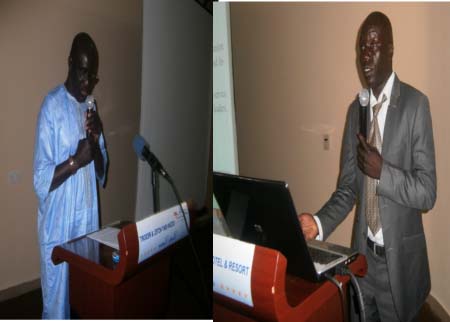
The report, commissioned by the VSO country office, also looked into the relevance of TVET in national development through economic empowerment of the productive age group.
The daylong validation workshop on ‘situational analysis of TVET in The Gambia’ was organised by the National Training Authority (NTA) and Volunteer Service Overseas (VSO) at Ocean Bay Hotel in Bakau.
The aim of the workshop was for the stakeholders to critically discuss the findings of the report and the recommendation made in it.
Speaking on the occasion, the acting-Director-general of the NTA, Edirissa Kolley, said The Gambia or any other country cannot achieve meaningful development in the absence of TVET.
He added that TVET in The Gambia “has been suffering” a lot before the birth of the NTA and its partners like VSO.
He said since the establishment of NTA, a lot of development has been registered in the area of TVET, particularly in regulating training institutions to ensure that they deliver quality training courses relevant to the labour market needs of The Gambia.
Solomon Atibuni, a VSO consultant, said TEVT has become the most advocated, acclaimed and promoted sector of education in which trained manpower can enhance economic and industrial growth of developing countries.
TVET comprises formal, non-formal and informal learning for both the young and the old.Beneficiaries of TVET learn knowledge and skills from basic to advanced levels across a wide range of institutional and work settings, and in diverse socio-economic contexts.
Conscious of the fact that TVET knowledge and skills are vital for sustainable economic development, the Gambia government, through the NTA, has been paying increasing attention to the area in recent years.


